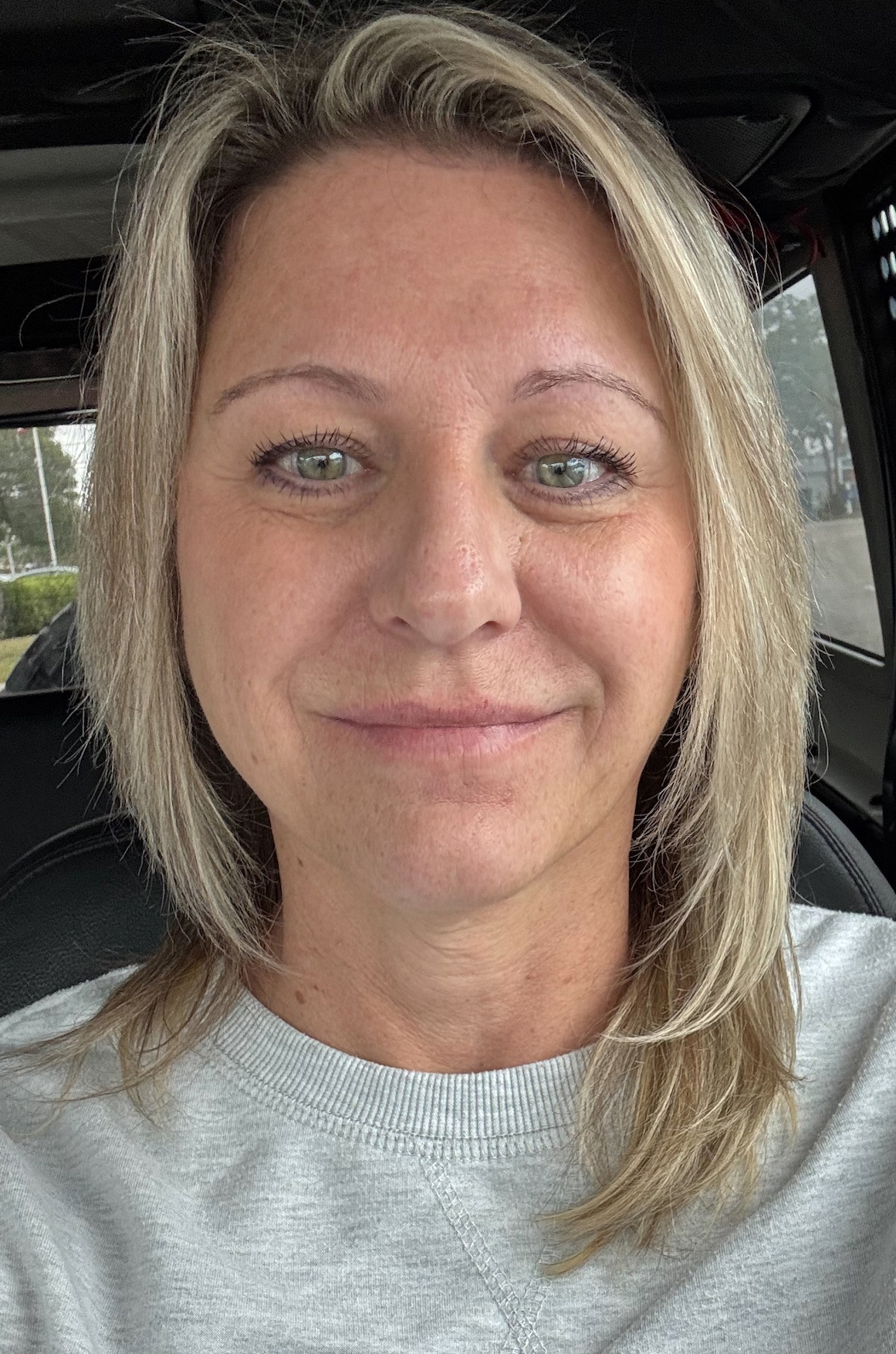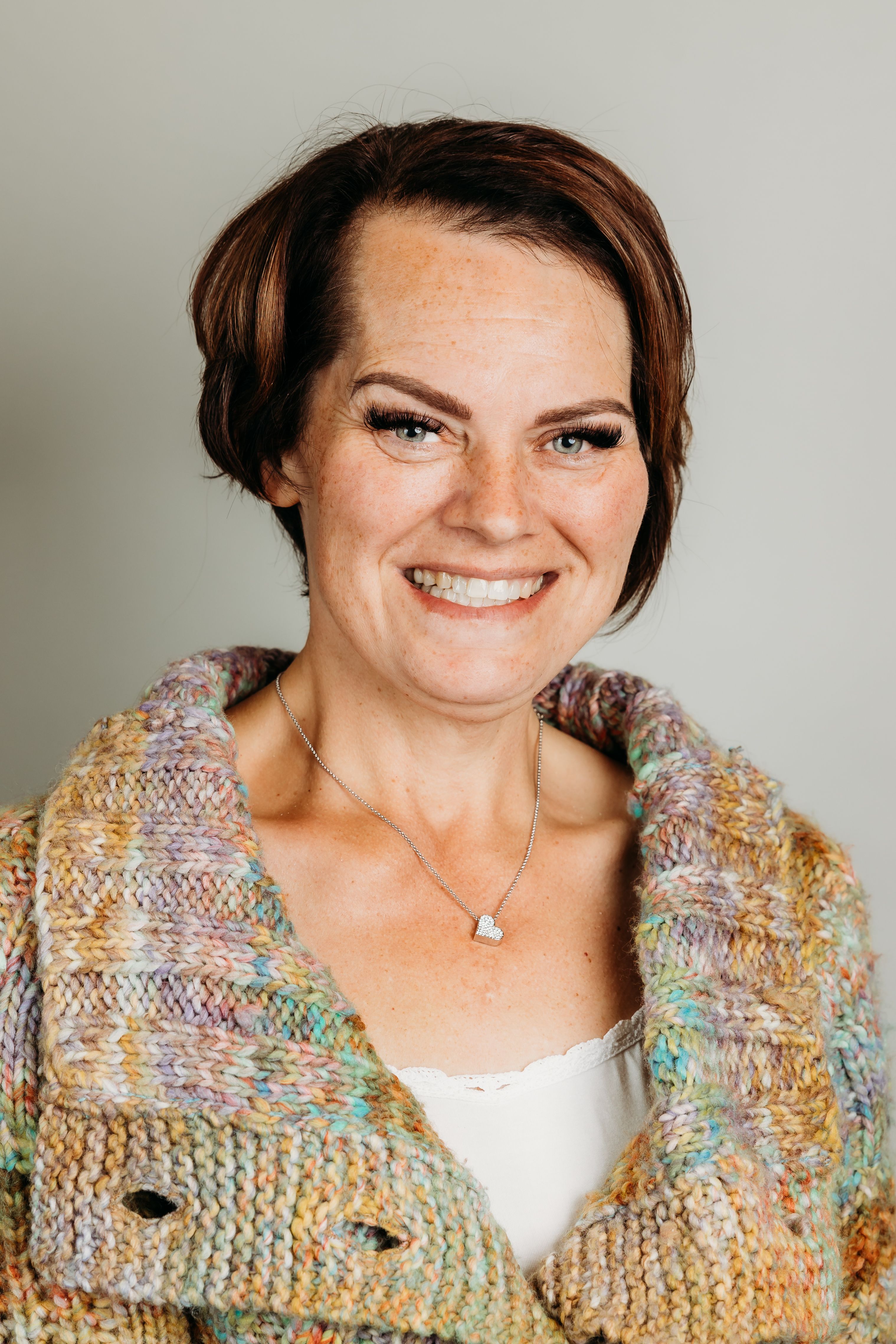As part of our efforts to share information and help support the elimination of restraints and seclusions, we want to shine a spotlight on individuals and organizations driving change. In this post, we share a particularly compelling story – that of Alex Campbell, a young man who experienced first hand the effects of restraints and seclusion.
As detailed in a recent Richmond Times Dispatch article, during first grade, Alex — a 10 year old on the autism spectrum — was often restrained and secluded by his principal. Many days, he spent time in a converted closet, the teachers’ desk blocking the door, so that he was unable to get out.
Today, Alex is experiencing a restraint-free education. But more than that, he has become a vocal advocate for change. Alex and his father, Sean, school district specialist in Virginia, sat down with us to share the story in their own words.
Can you tell us about your experience in 1st grade? How did the teacher treat you?
Alex: I was constantly secluded by the principal. My teacher would have me in a “time out” in the corner and the principal would come and move me to the seclusion room. I don’t know why he would do this, he wouldn’t tell me.
Sean: The principal would actually drag Alex into this room and we noticed that he would come home with bruising and bloody knees. We couldn’t get a straight answer as to why he was coming home like this from the school or from Alex. In fact, I am still learning things about what he experienced, even today.
The seclusion area was really just a retrofitted closet with a concrete floor, wire mesh and a little window that the principal covered with aluminum foil. More often than not, he would drag a desk in front of the door so Alex couldn’t get out. Alex would call for someone and no one would answer. The principal was using the “room” as a form of discipline as opposed to crisis management, as it was intended.
How did it make you feel when the teacher treated you this way?
Alex: I was confused and I didn’t learn anything. I didn’t know what was going on. At first, I didn’t tell my parents. The principal threatened me if I said anything, but after a while, I eventually told them.
Sean: Alex didn’t know any different. He thought it was status quo; that if you said or did something that the teacher or principal didn’t like, this is what happened.
Every day it was a 50/50 chance, when we sent Alex off to school in the morning, as to whether or not he would learn or end up in detention. He spent so many days in in-school detention that he learned to work the phones. And ultimately, the school was cited for inappropriately disciplining a child with disabilities and not providing a Free and Appropriate Education. But as I said, it took us awhile to realize exactly what was happening behind those school doors.
We also saw a trickle down effect at home. For example, Alex would put his brother in a walk in closet, saying “He was bad today. This is where bad kids go.” That’s when the red flags started going off.
One time Alex came to work with me. We were walking through the loading dock that has caged areas for equipment. Alex said, “This is where your bad children must go.” That’s when it dawned on me that he believes that all “bad children” get locked up and treated like he was treated.
You have shared your story with important people like state and national members of Congress. What do you tell them?
Alex: I wanted to tell them about my experiences and what happened. I wanted to get the message out to support fully funding IDEA and to support Congressman Beyer’s Bill, called Keeping All Children Safe Act. The Bill keeps children from being restrained and secluded like I was secluded.
[Editor’s note: Alex is being modest. His involvement, including sharing his testimony with multiple legislative committees, were invaluable contributions to the development of three bills over the course of two years. He has earned accolades, including the 2016 Council of Exceptional Children’s “Yes I Can” award and the “Catalyst for Change” award from the Arc of Virginia.]
Sean: A lot of the people Alex has met refer to him, rightfully so, as the poster child for this movement. It’s very powerful for Alex and other students to tell their stories, first-hand. Legislators really take the message to heart. For example, Alex recently had the opportunity to speak with Virginia Senators Tim Kaine and Mark Warner. Subsequently, the pressure on Virginia’s Department of Education to develop recommendations on the use of restraint and seclusion has been increased.
My wife and I both work for school systems – she’s a second grade teacher; I was a math teacher and am now central office staff. In 2012, I went through a program called “Partners for Policy Making.” It taught us about different resources in Virginia.
Through the program, I met people and shared Alex’ story. The response was usually, “Oh, there’s something in place for situations like this, right?” But there isn’t. Even today, there is no legislation on restraints and seclusion in the Virginia public school arena, only guidance.
Through this group of people, we were put in touch with Delegate Patrick Hope who subsequently commissioned a study on restraint and seclusion, and another on youth into which Alex got involved.
We then formed the Keeping School Safe coalition and are, collectively, challenging some of the bigger organizations to make changes related to restraints and seclusions.
What would you say to other parents in terms of changing state laws, either in Virginia or in other states?
Sean: The first thing I would ask them is, “What is your local school board policy?” Right now, in the public education environment, that’s all we have. Surprisingly enough, many school boards don’t even have a policy. In that case, parents need to call their legislator and need ask the State Board of Education about the current status of Alex’s Bill. It was signed into law a year and half ago and the Board is still not making it a priority.
What is school like for your now? How is it better?
Alex: I think I’ll enjoy school this year. I enjoyed the part that I was in public school last year. I thought it was really fun.
I like being in public school, I am in a larger size class. Friends at my public school live closer and it’s easier for us to see each other.
Do you know how Ukeru helps teachers and kids avoid situations like those you went through? What do you think about how Ukeru works?
Alex: I think the system would really help kids.
Sean: Finding like-minded people is so important. You don’t know how great it feels to know that there are people out there who support what Alex is trying to do. It’s very uplifting.
What seems like common sense is oddly controversial. There’s a hill to climb. But it helps to know that there are other people to help us climb it. It’s a good thing. It’s a great thing.




